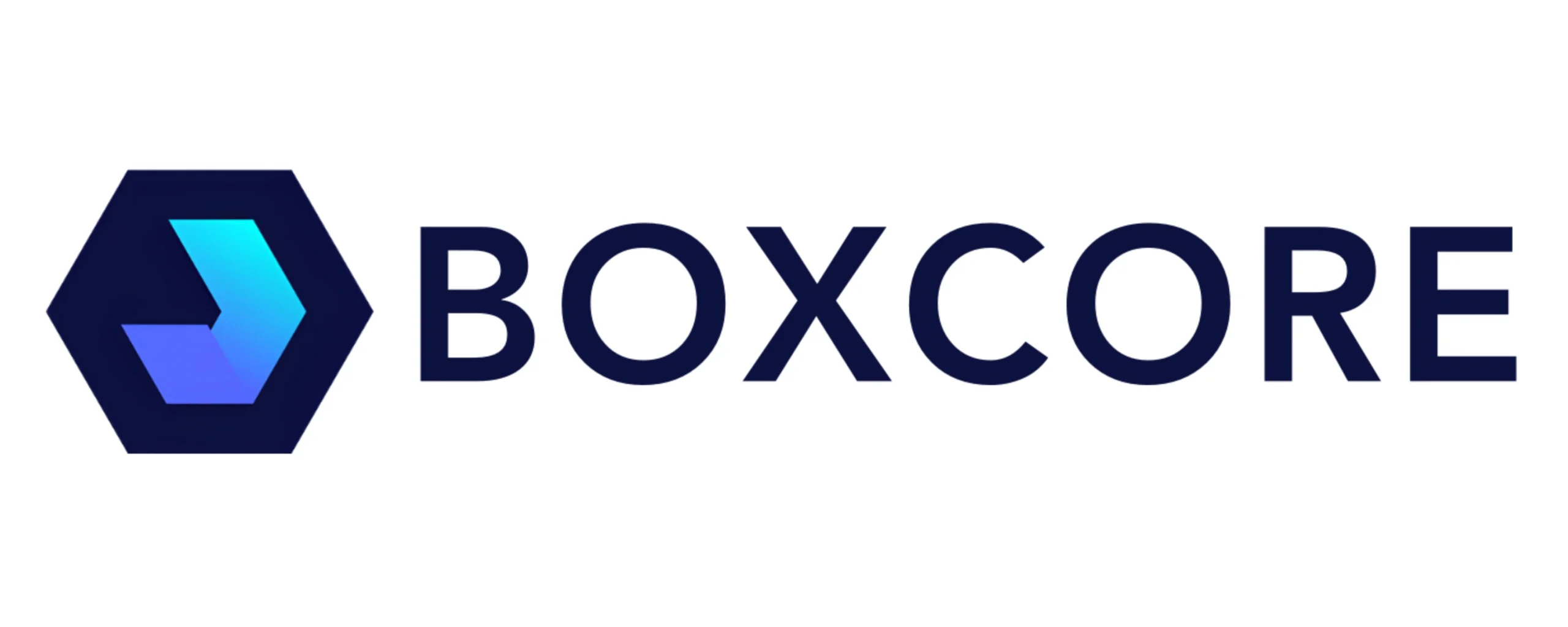Managing labour hours has always been one of the most challenging tasks on a construction project. Paper timesheets, spreadsheets, and manual sign-in books might seem simple, but in reality they cause delays, errors, and unnecessary admin. Contractors across Ireland, the UK, and the USA are under pressure to reduce risk, keep costs under control, and meet increasingly strict compliance requirements. That’s why construction time clock software is quickly becoming a must-have rather than a nice-to-have.
In this article we’ll explore the challenges that contractors face with time tracking, outline five essentials that the best construction time clock software should deliver, and show the real benefits of moving away from manual systems.
The Challenges Contractors Face With Time Tracking
Construction projects rarely follow the predictable rhythm of other industries. Every day brings new subcontractors on site, deliveries to coordinate, weather to adapt to, and evolving safety requirements to manage. Against this backdrop, trying to track attendance using paper sign-ins or spreadsheets is a recipe for errors.
Some of the most common problems contractors raise include:
- Inaccurate records – workers forget to sign in or out, timesheets are completed from memory at the end of the week, or hours are rounded. This not only affects payroll accuracy but also creates compliance risks.
- Delays in reporting – managers often don’t have real-time visibility of who is on site. In an emergency, this is more than inconvenient; it can be a serious safety issue.
- High admin burden – collating, cross-checking, and approving hours consumes huge amounts of office time, especially when subcontractors are involved.
- Compliance blind spots – knowing who is on site is not enough. Contractors also need to know if workers hold valid CSCS, SafePass, or SST cards, whether their OSHA training is up to date, and if project-specific orientations have been completed.
- Insurance and liability risks – inaccurate time data can cause disputes with clients, payroll errors, and even leave contractors exposed in claims.
The answer is construction time clock software must be designed specifically for the complexity of construction sites. Boxcore, for example, brings together time tracking, access control, and safety compliance in one place.
5 Essentials of Construction Time Clock Software
1. Facial Recognition and Geopin Options for Full Flexibility
Sites are not always set up for turnstiles or kiosks. That’s why contractors need flexible options. Facial recognition makes time tracking seamless, accurate, and secure. A worker can clock in or out in seconds, removing the risk of buddy punching or fraudulent entries.
For smaller or short-term projects without physical access points, a geopin check-in option provides the same visibility. Workers simply clock in via their phone within a defined site radius, giving managers confidence in the accuracy of data. Together, these methods ensure reliable coverage across every type of project, from large-scale civil works to small fit-out jobs.
2. Ease of Use and Speed of Setup
Construction crews will not adopt systems that require hours of training or complicated onboarding. Successful construction time clock software must be designed for the frontline — intuitive, mobile-first, and simple enough for a foreman or subcontractor to pick up and use immediately.
Boxcore typically gets contractors fully up and running within a matter of hours, including data migration of existing training records. That’s a huge advantage over generic HR or payroll tools that can take weeks to configure.
3. Integration with Worker Onboarding and Safety Management
Time clock data is most valuable when connected to broader workforce and safety systems. The best solutions tie attendance directly into onboarding flows, training records, and safety compliance.
Imagine a scenario where a worker tries to clock in but their CSCS or SafePass card has expired, or their mandatory OSHA training is overdue. With boxcores construction time clock software, that worker can be automatically flagged or denied access until the issue is resolved. This closes compliance gaps and ensures only qualified personnel are active on site.
For general contractors, this also means subcontractor data is seamlessly captured and shared, removing the constant back-and-forth emails and manual document uploads.
4. Cyber Security and Data Protection
Construction firms handle sensitive workforce information, from ID photos to training certificates. Data security cannot be an afterthought. Contractors need time clock software that is SOC2 Type 2 certified and built with privacy at its core.
With Boxcore, contractors can be confident that data is securely stored, encrypted, and only accessible to authorised personnel. This is especially critical when sharing information between main contractors, subcontractors, and clients. Construction time clock software must ensure security to prevent adding additional risk.
5. Designed for Construction Realities
Generic HR platforms often fail on site because they weren’t built for the pace and complexity of construction. The right construction time clock software must be mobile-first, work in low-bandwidth environments, and provide real-time visibility of attendance data.
Superintendents and project managers need to know, at a glance, how many workers are on site, which companies they represent, and whether key trades are available. With Boxcore, this visibility is delivered in seconds from any device.
4 Benefits of Construction Time Clock Software Over Manual Systems
1. Reduced Compliance Risk
With automatic validation of training and certification records, contractors no longer risk having unqualified workers on site. Reports for audits or inspections can be generated instantly, reducing liability exposure.
2. Elimination of Manual Admin
By cutting out paper timesheets, manual Excel logs, and endless email chains, contractors save hours every week. Project teams can focus on delivery rather than paperwork.
3. Improved Productivity and Payroll Accuracy
Accurate time data ensures payroll is correct, disputes are avoided, and client reporting is straightforward. Site productivity improves as supervisors spend less time checking sign-in sheets and more time managing work.
4. Lower Insurance Costs and Safer Sites
Accurate attendance data, integrated with safety records, strengthens a contractor’s position with insurers. Demonstrating full compliance and real-time oversight can lead to reduced premiums and fewer claims.
Why Contractors Are Switching Now
Contractors who continue to rely on manual methods risk falling behind. Clients increasingly expect digital reporting, regulators demand auditable records, and insurance companies reward firms with robust compliance systems. the Right construction time clock software brings a step change in visibility and efficiency to contractors but choosing a solution built for construction is key.
As Padraig Reilly, CEO & Founder of Boxcore, explains:
“At the end of the day, our goal is simple: we want to give contractors tools that actually make their lives easier on site. It’s about cutting down the admin, improving safety and helping teams get the job done with less hassle.”
To find out how Boxcores construction time clock software can simplify workforce management book a demo today.

